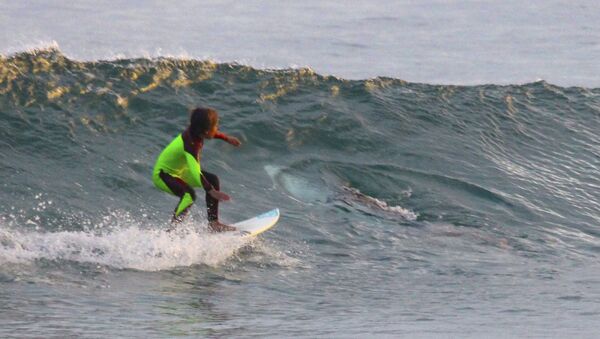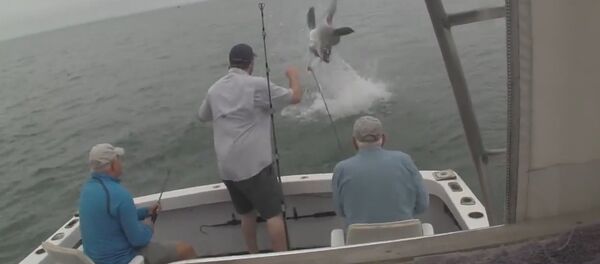This comes after the University of Technology Sydney's School of Software and Little Ripper, the company that manufactures unmanned aerial vehicles for various search and rescue operations, took on a collaborative six-month trial to test the drones at the beginning of 2016.
The Australian coast is notorious for harboring bull sharks, tiger sharks and great white sharks, which are all known for frequently attacking humans. The country has the second-highest percentage of unprovoked shark attacks after the United States. One of the country's most popular beaches, Bondi, in New South Wales, has had approximately 300 shark attacks since 1990.
The ‘Little Ripper' costs $250,000 and can stay in the air for about two and a half hours at a time, providing real-time videos of shark activity. While humans can identify sharks with 20 to 30 percent accuracy when evaluating aerial imagery, these drone-based technologies will now be able to analyze that video and correctly spot sharks with 90 percent accuracy, reported International Business Times.
"It's not about replacing human beings all together, it's about assisting human beings to get the work done in a better way with more accuracy. That's what the application is meant for," according to Nabin Sharma, a researcher at the University of Technology Sydney's School of Software.
In the case of a potential shark attack, the drones can deploy inflatable rafts and an emergency GPS beacon to alert rescuers on the location of the impending attack. A lifeguard can also warn swimmers through a megaphone that there is a shark danger zone.
Little Ripper Group has also developed automatic water-activated electromagnetic devices that can be used to electrically shock the sharks and subdue them.
In addition, the drones will contain software that differentiates sharks from boats, swimmers and other sea creatures, like dolphins and whales, that might be lurking in the shark's vicinity.
Earlier this year, Australia tried to implement protective nets that entangle the sharks. However, some researchers have criticized the nets' effectiveness in actually preventing attacks, and many environmental activists believe that the nets inadvertently harm other sea creatures.



